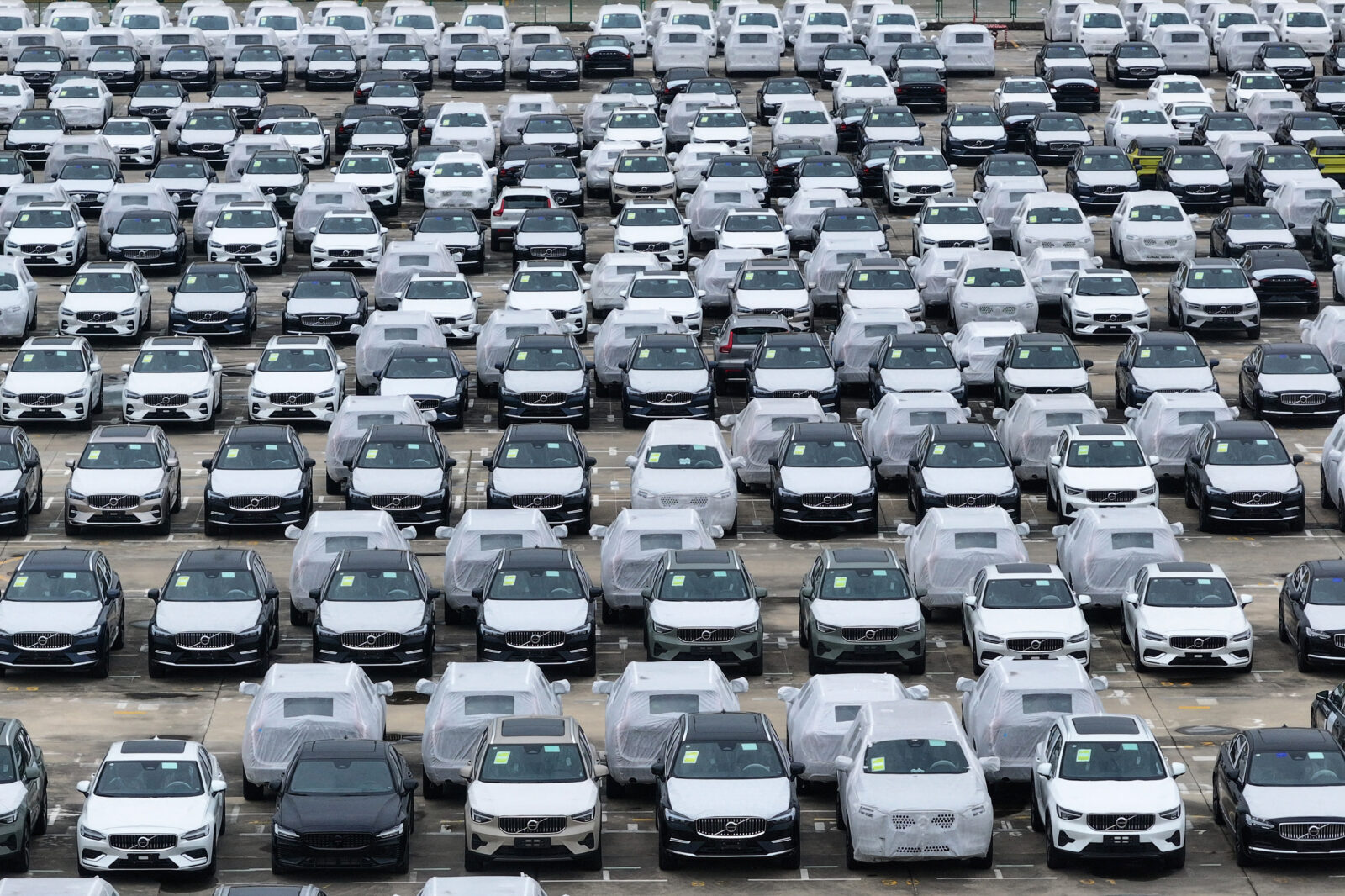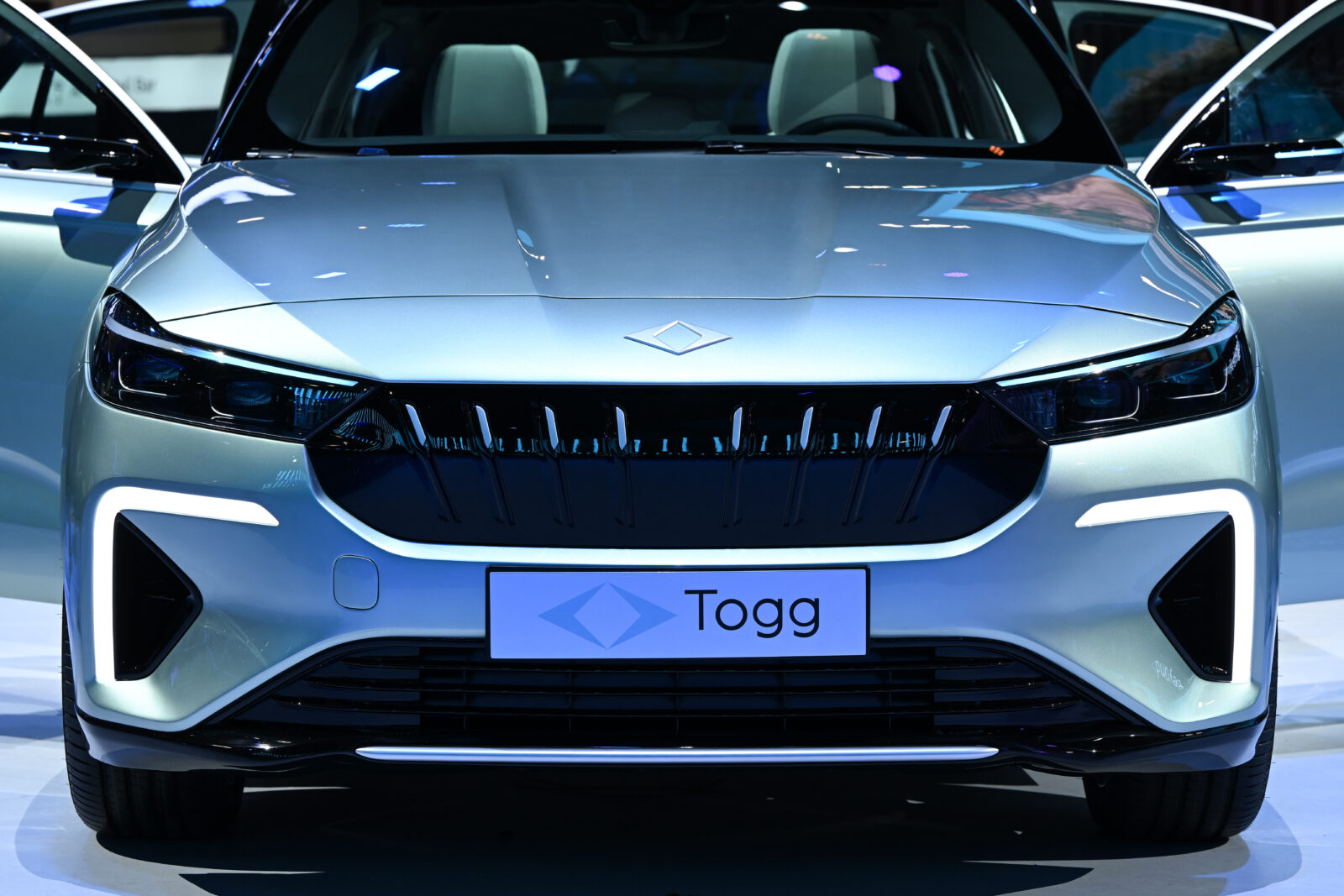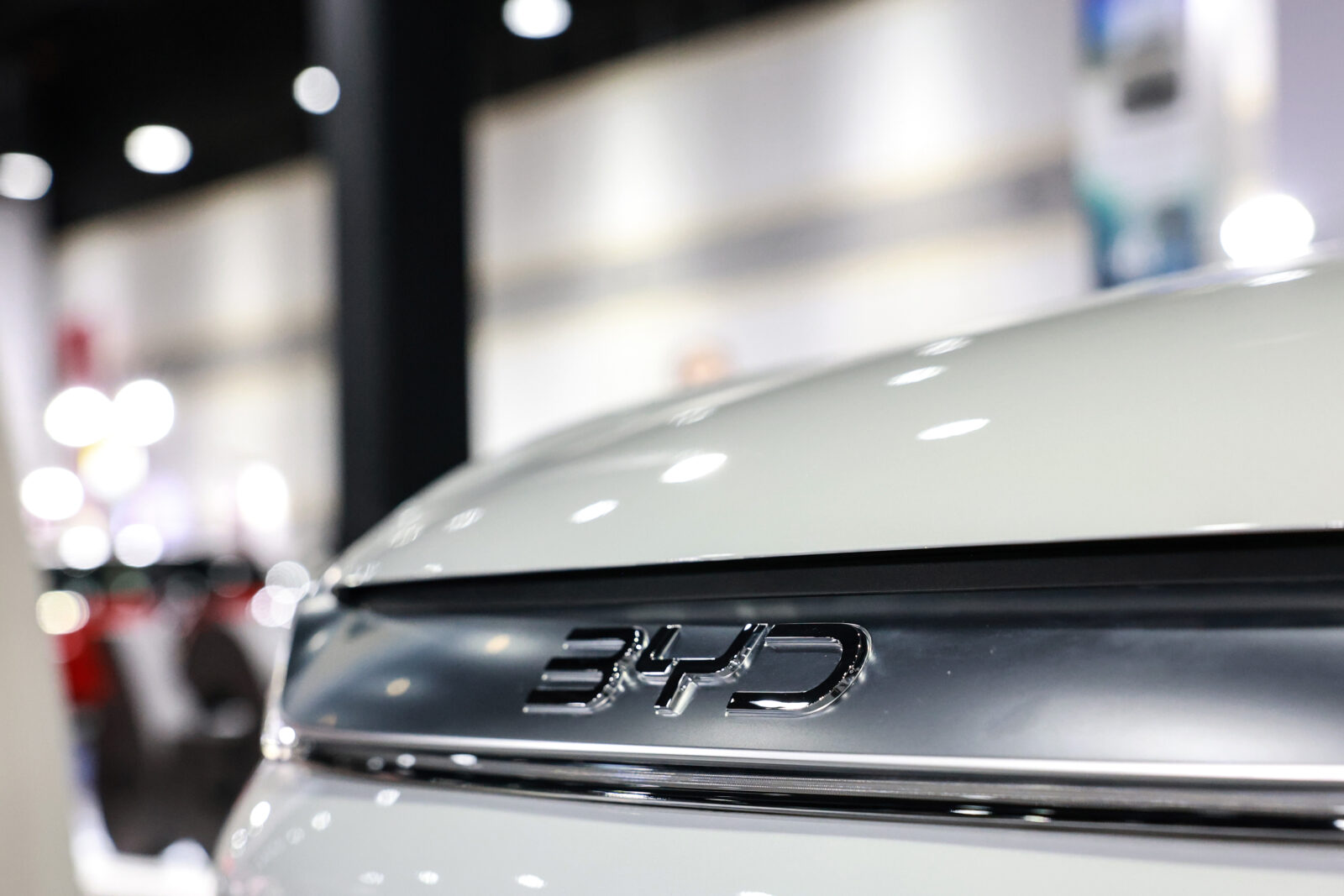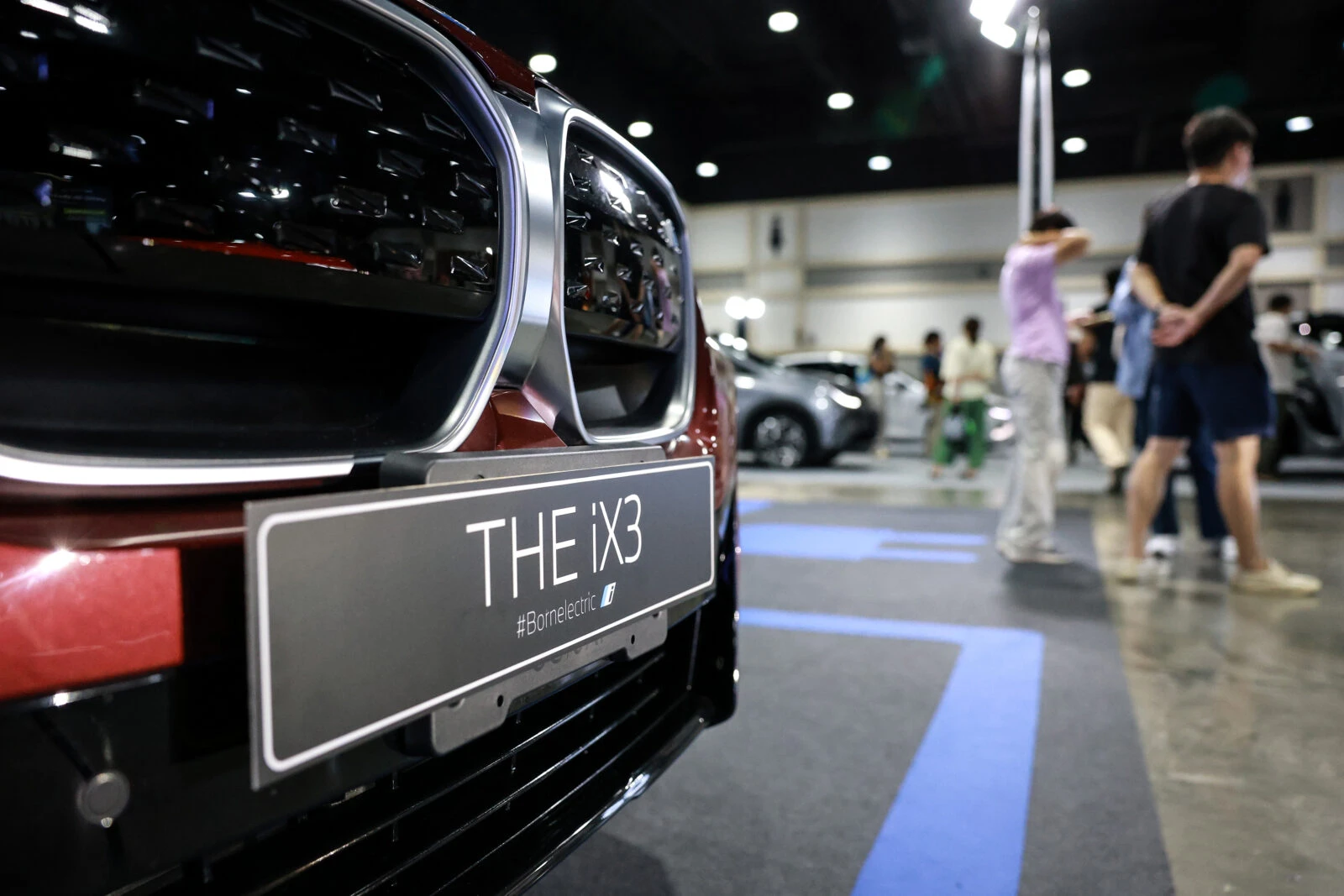German brands face market share loss in Türkiye amid rise of Chinese competitors – Türkiye Today
The automotive market in Türkiye has experienced significant shifts from 2020 to 2024, with German brands now facing pressure from Chinese competitors, according to the Hurriyet.
Data from the Türkiye Statistical Institute (TurkStat) and the Automotive Distributors and Mobility Association (ODMD) indicate that while traditional leaders have lost ground, Chinese manufacturers are gaining traction.
Market expansion, entry of new brands
From the end of 2020 to the third quarter of 2024, the number of automotive brands in Türkiye grew from 46 to 63, marking the entry of 17 new players. This period also saw a surge in electric and hybrid vehicle adoption, with electric cars rising from 2,797 in 2020 to 146,000 in 2024 and hybrid vehicles increasing from 33,000 to 330,000.
In 2020, French brands led the market with a 22.43% share, followed by German brands at 19.79% and Italian brands at 18.04%. By the third quarter of 2024, French manufacturers increased their share to 26.52%, while German brands saw a decline to 18.77%.
Italian brands dropped out of the top three, replaced by Chinese brands, which now hold 13.66% of the market.

Shift in market share rankings
In 2020, French brands led the market with a 22.43% share, followed by German brands at 19.79% and Italian brands at 18.04%. By the third quarter of 2024, French manufacturers increased their share to 26.52%, while German brands saw a decline to 18.77%.
Italian brands dropped out of the top three, replaced by Chinese brands, which now hold 13.66% of the market.
Decline of Italian, Japanese market shares
Italian manufacturers, spearheaded by FIAT, experienced a significant decline from an 18.04% market share in 2020 to 12.25% in 2024. Factors contributing to this include the end of projects such as the Doblo and Fiorino. Similarly, Japanese brands saw their share shrink from 11.15% to 9.05%, and American brands dropped from 11.96% to 8.8%.

Togg’s entry adds to market dynamics
Türkiye’s domestic automotive brand, Togg, has entered the market, delivering 17,049 units of its T10X SUV model from January to September 2024. This move has earned Togg a 2% share of the overall automotive market and a 2.5% share of the passenger car segment.

Chinese brands gaining traction
Chinese brands, led by BYD and Chery, have positioned themselves as strong contenders in the market. Their combined 13.66% share places them ahead of Italian, American and Japanese competitors and just behind German brands. Without additional customs tariffs, analysts suggest that Chinese brands’ share could have surpassed 15%.

Potential challenges for German automakers
The current trends reflect broader shifts in global markets. Last week, Volkswagen’s declining sales in China highlighted similar competitive pressures.
As BYD continues its aggressive expansion strategy in Türkiye, German automakers may face further challenges in maintaining their market position.


